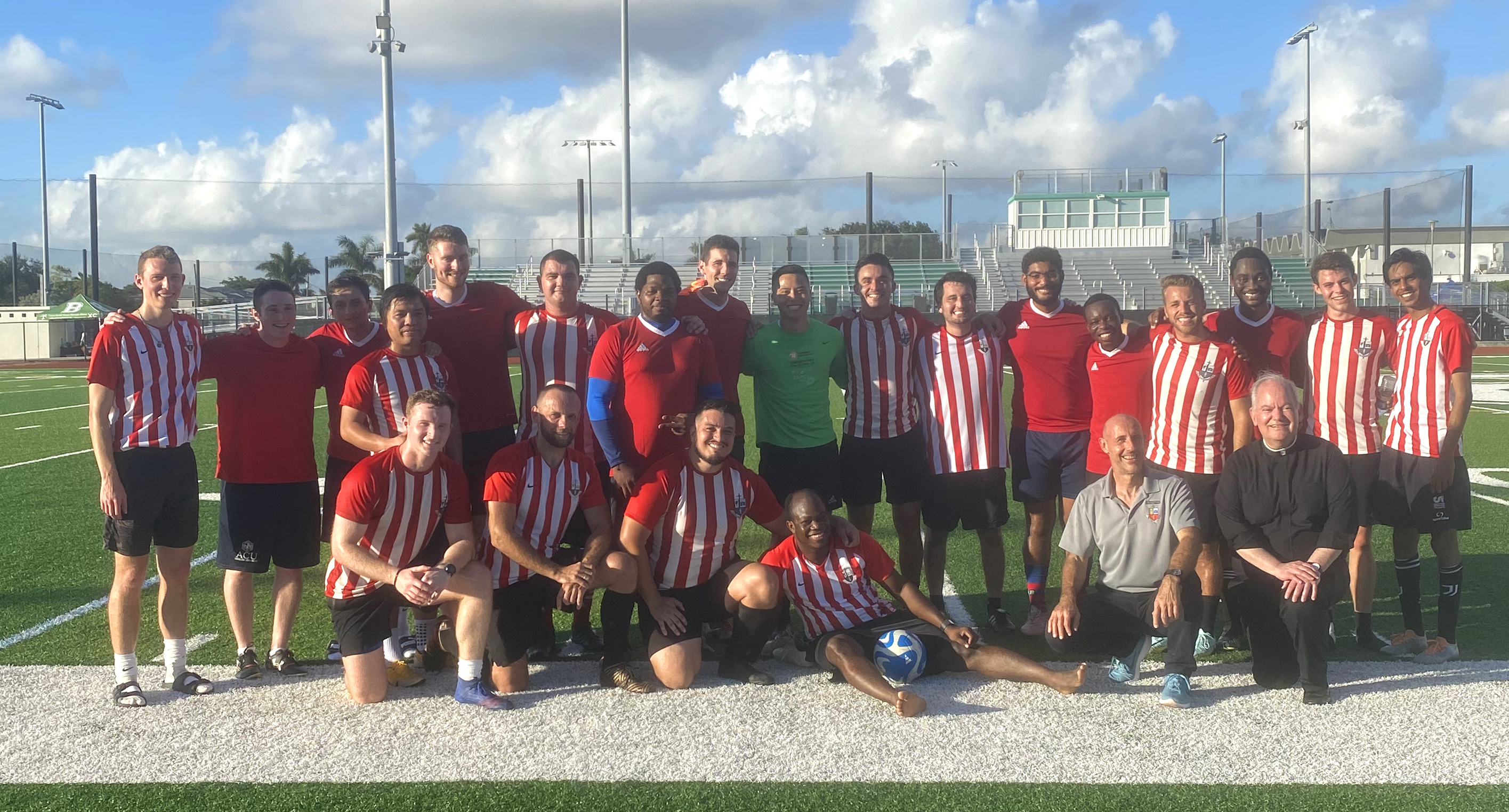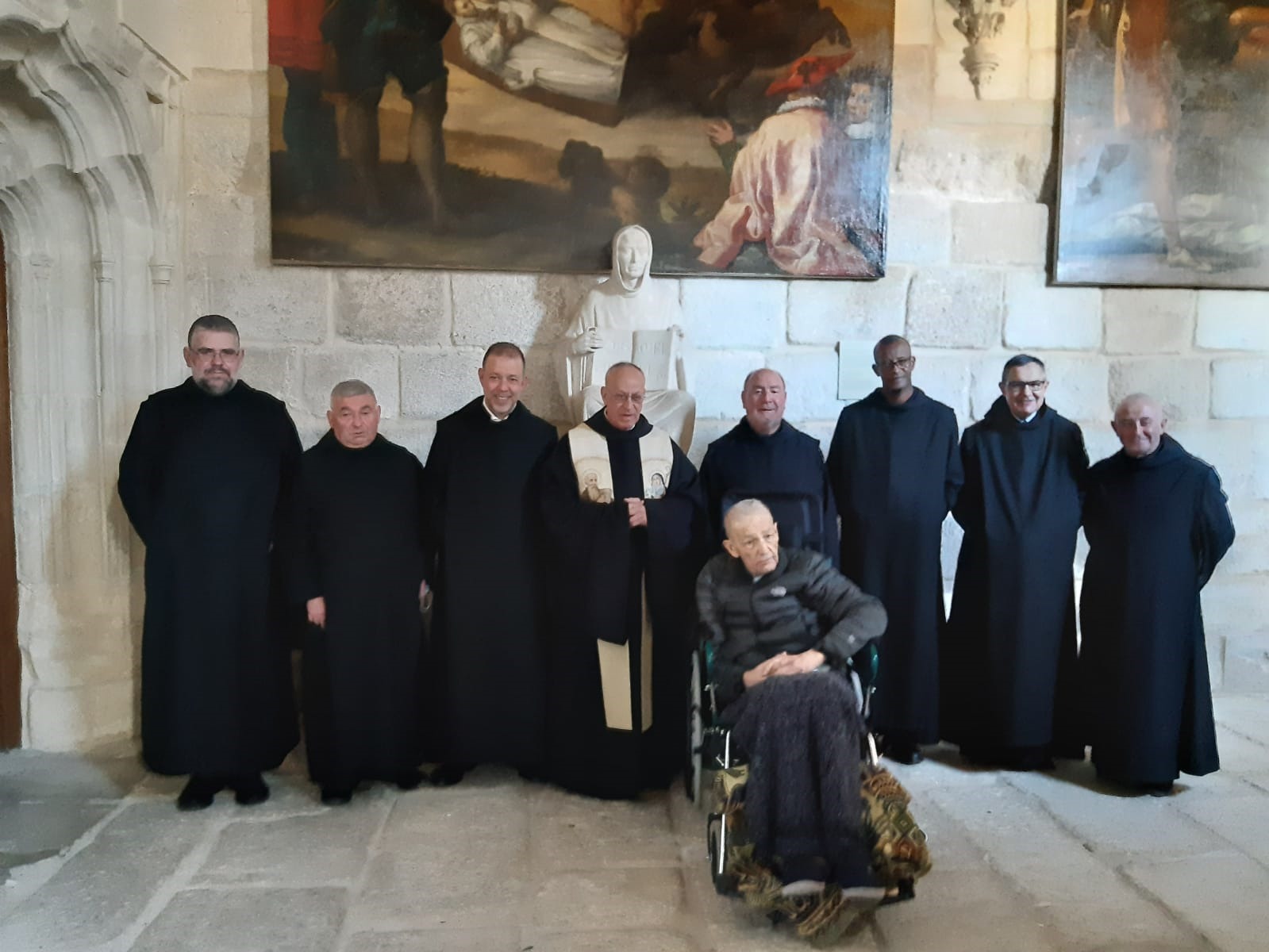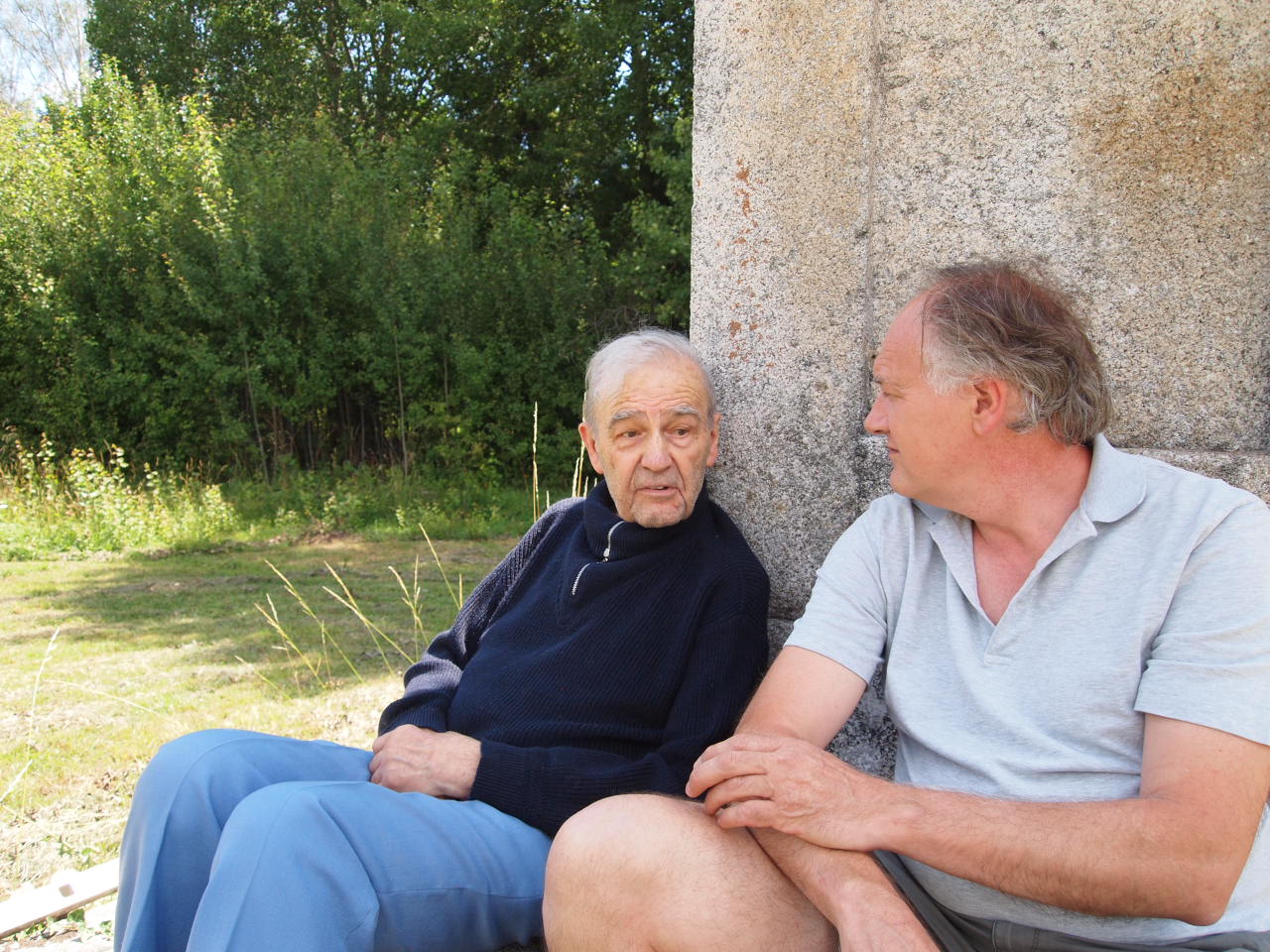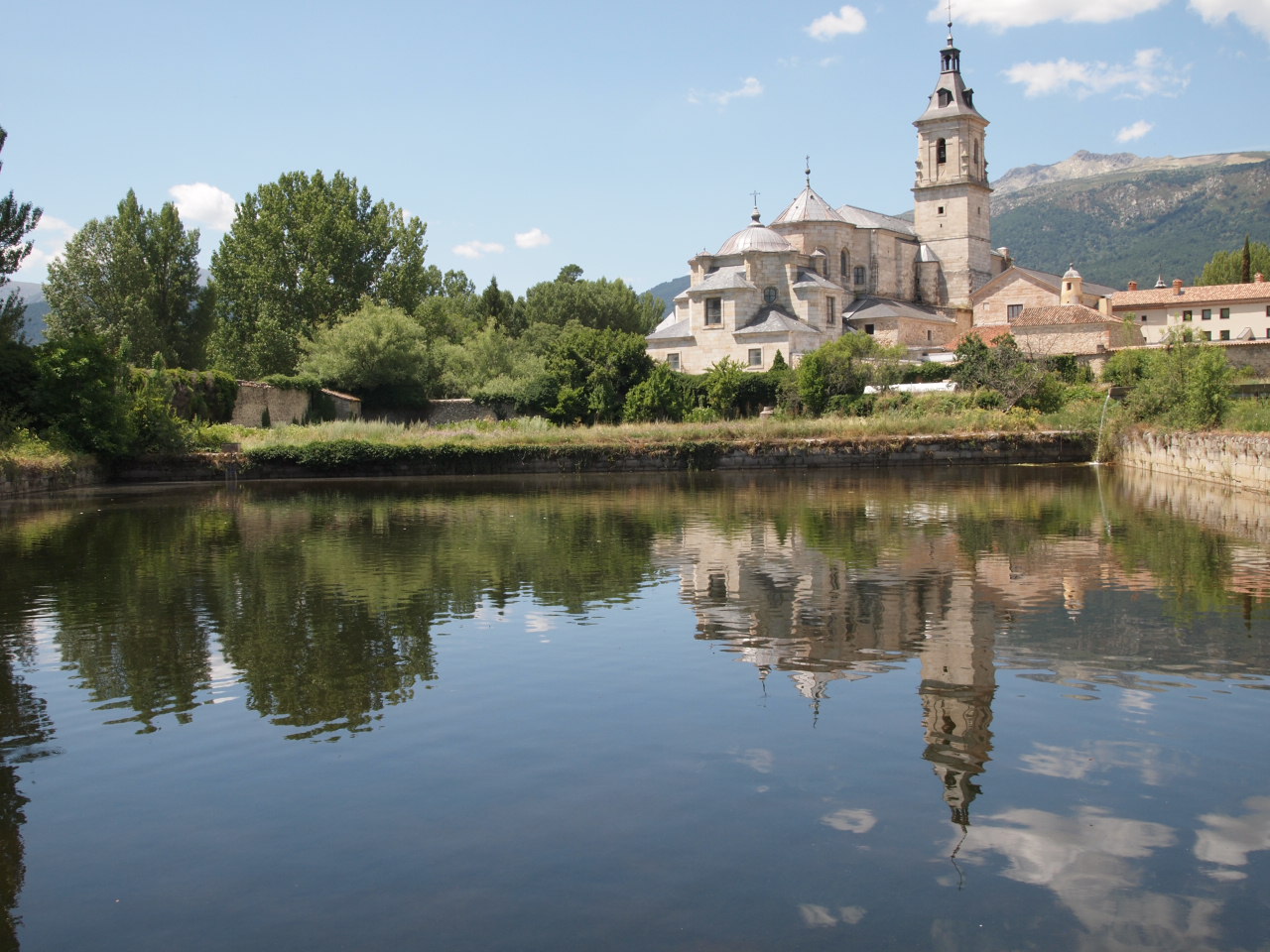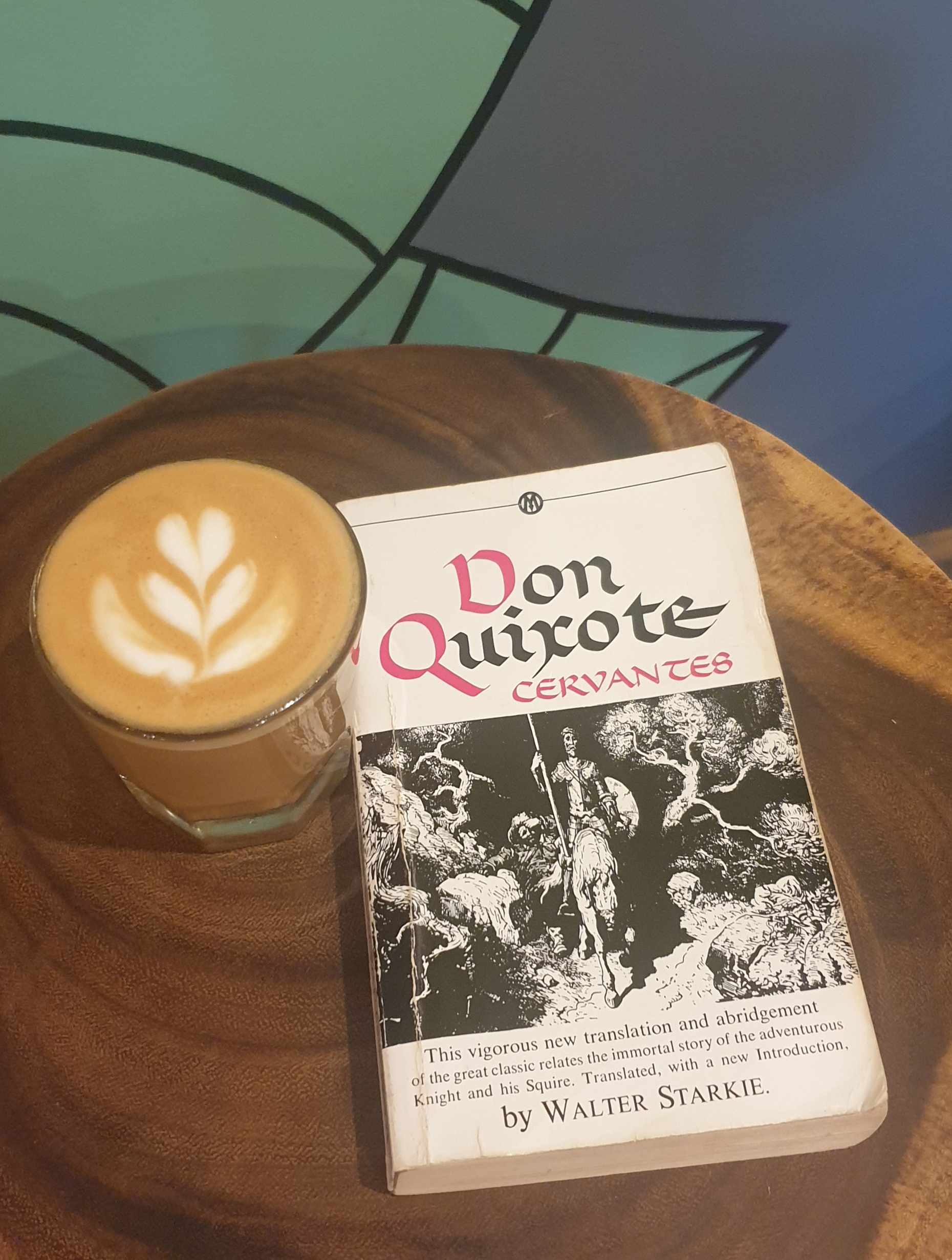At this point in my life, I cannot tell you how many times I have crossed “the pond”. My first time was in 1976, I remember because the US was celebrating their bicentennial, so I was 11. Since then, we moved to NY for my 6th grade, then I went to college in Boston, and stayed in NY and Boston for a few years after that, then I traveled for work and vacations all over the US, Caribbean and South America, then I moved back to Boston in ’05, and you know the story since then (if you don’t, you can backtrack in this blog). So, for a conservative number let’s say over a hundred times.
Here are some of my travel and jet lag hacks:
Pre-flight:
Your body has three main built in clocks: stomach, sleep, and light. We need to prep those at least the day before the flight:
Start eating easy to digest meals this will “prep” and confuse you stomach, getting it adjusted for your new meal schedule.
Same with sleep: try getting some naps in the days before the flight. Again, you are trying to “trick” your sleep pattern.
Flight day:
Look good. Do you really want to meet someone important in your life, maybe your next boss, your future spouse, a potential client, or a celebrity, wearing oversize sweats and Crocs. Is it really that difficult for you to look good and be comfortable at the same time? Work on it; for me it means a button-down shirt, blazer, chinos, and comfortable loafers – just like George Clooney in Up in the Air (see clip below). Ground staff and cabin crew are going to like you more if you look nice than if you look like you are going to a pajama party.
Hydrate, hydrate, hydrate. Cabin air is super filtered and super dry, so on a long haul you are going to notice. Most of your tiredness after a long flight is more dehydration than tiredness.
Night flights: try to sleep! Take a heavy-duty Melatonin, eye mask, ear plugs, blanket and sleep, sleep, sleep, or at least try to.
No alcohol, coffee, tea, sodas, all those drinks are going to make you pee, or make you thirsty, or dehydrate you or whatever, stick to water. I also put on moisturizer every time I go to the bathroom and wash my hands, it feels nice.
Adjust your watch if you are an old fool like me.
After landing:
Do not have a big meal, stick to easy to digest meals for a day, to continue adjusting.
Try to adapt to the local schedule ASAP, no going to bed in the morning, no big meals at odd times. Be a local.
Try to go outside, if there is sun, take in the sun, remember light is one of your body clocks.
You are welcome.
Any thoughts? Additions? Suggestions? I would love to read them in the comments below.








